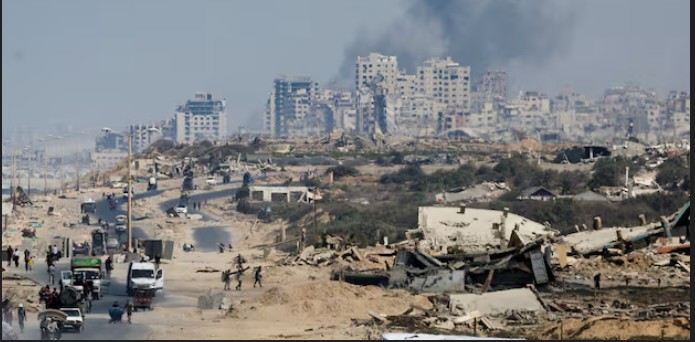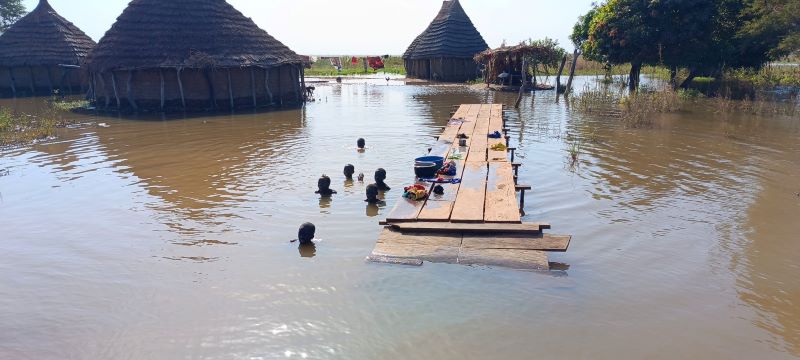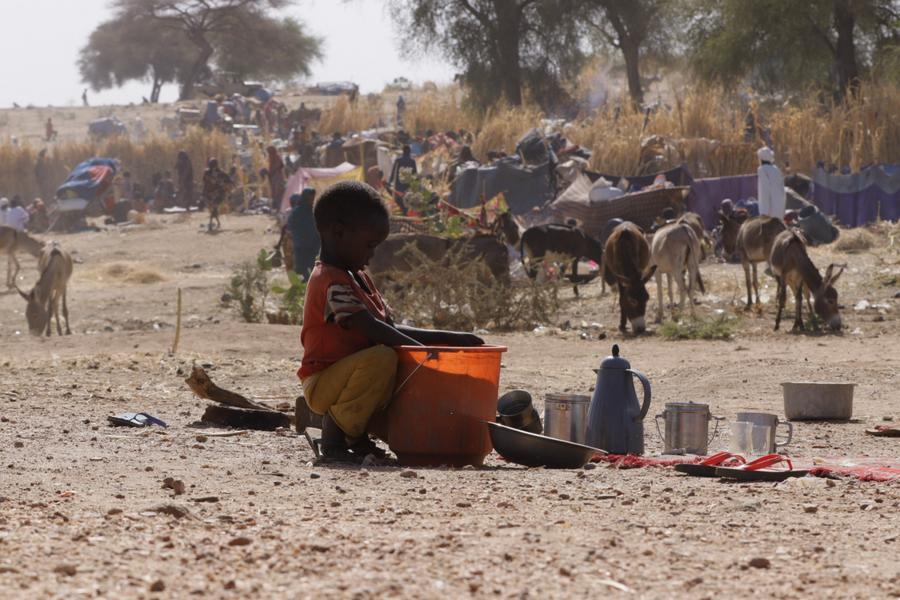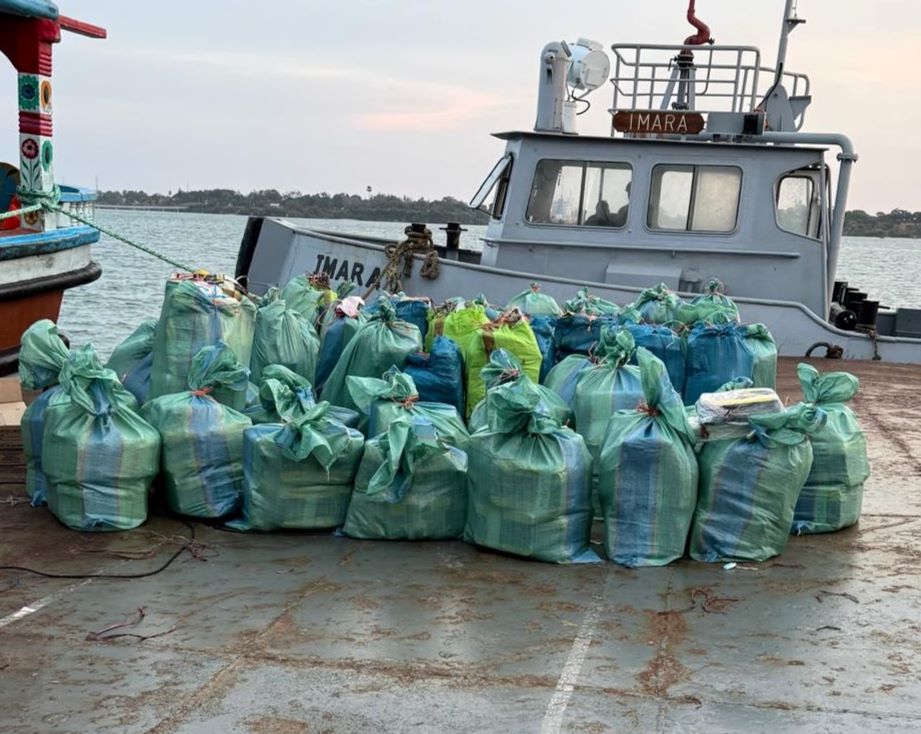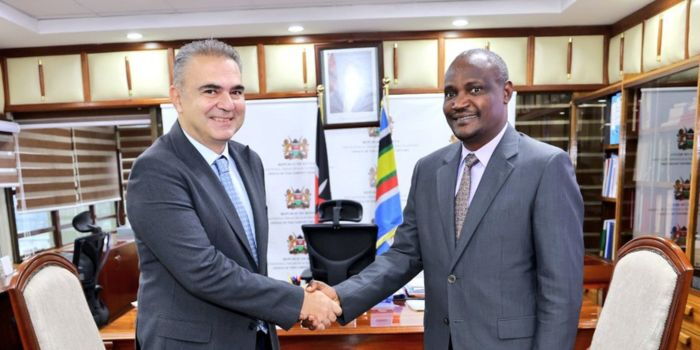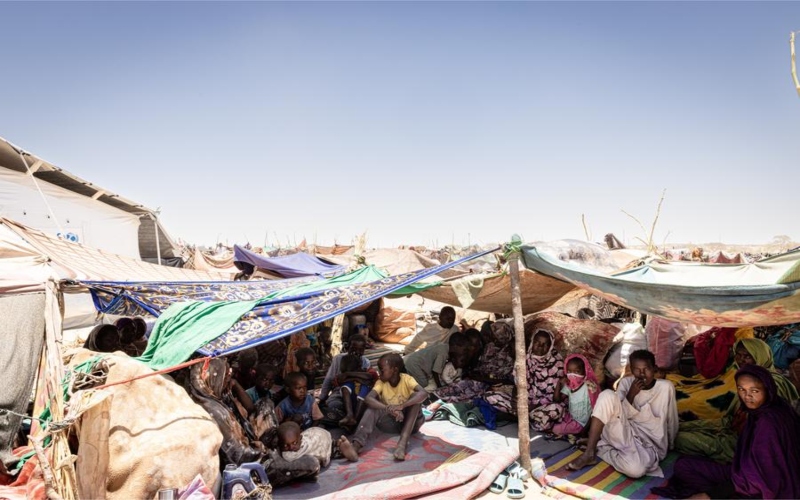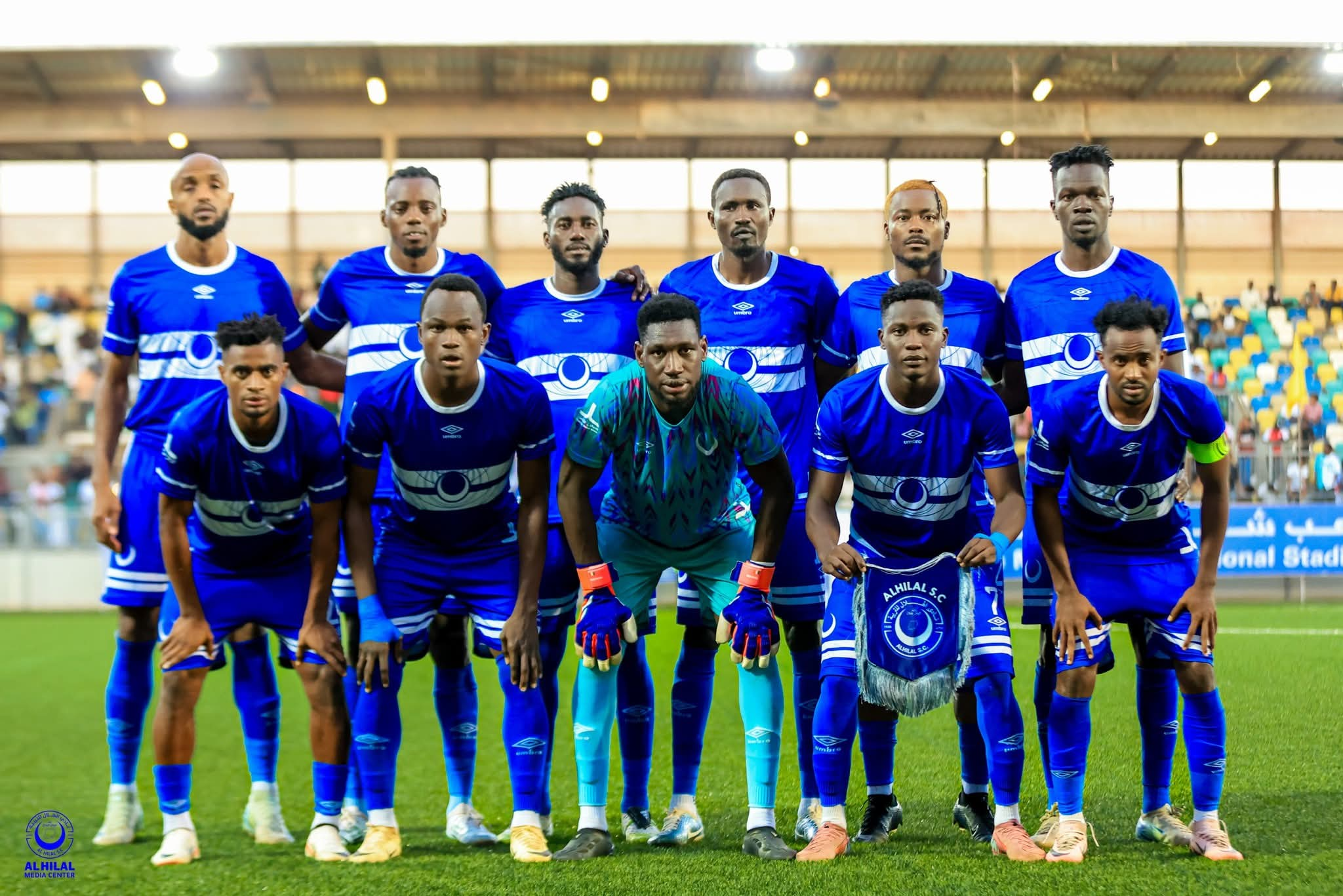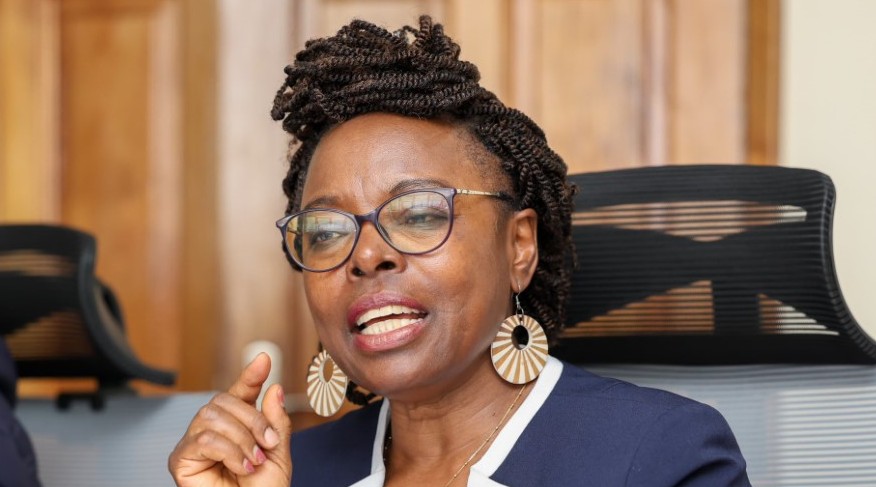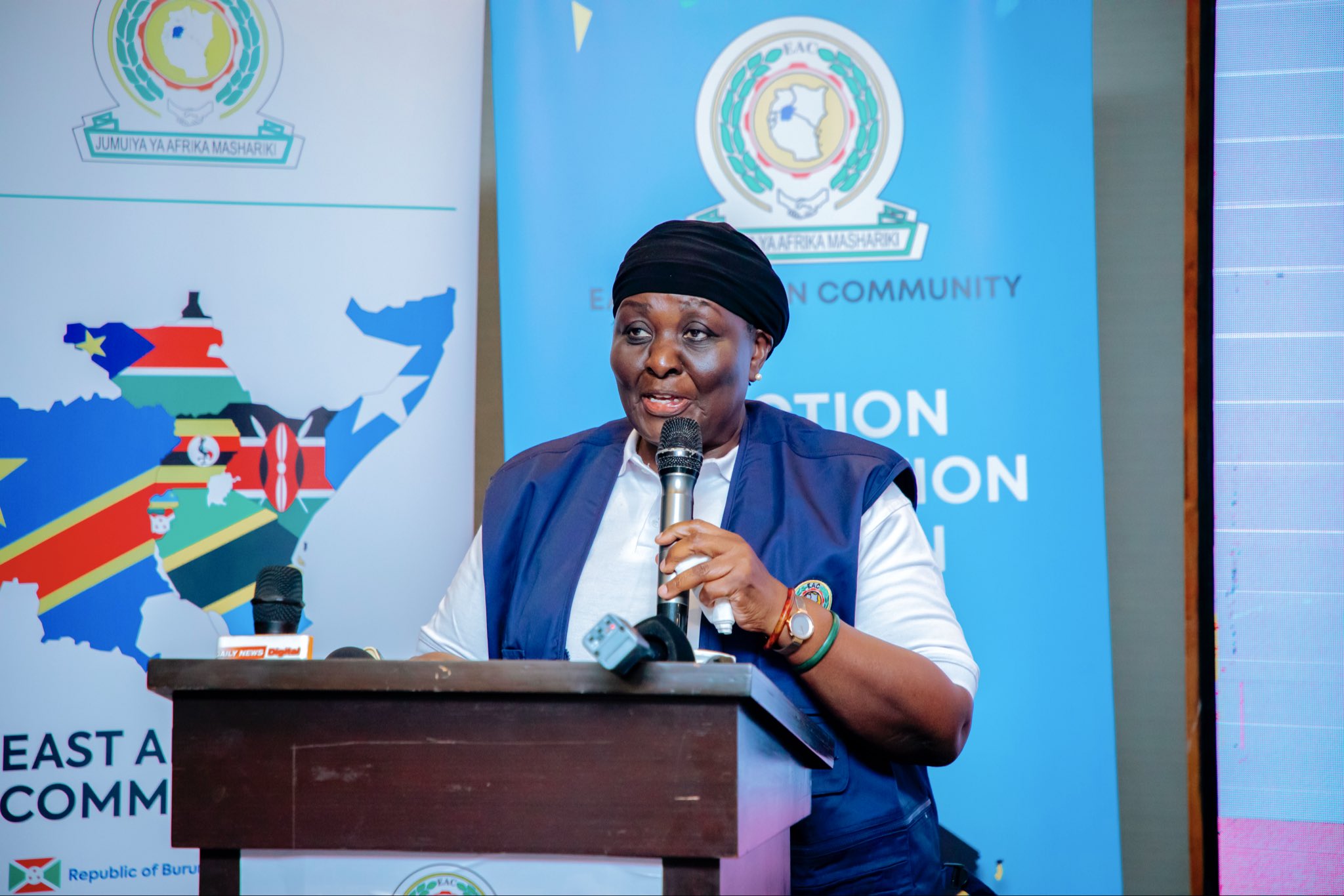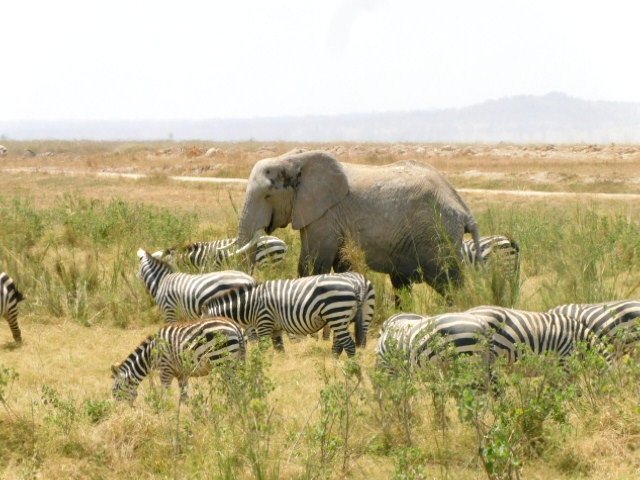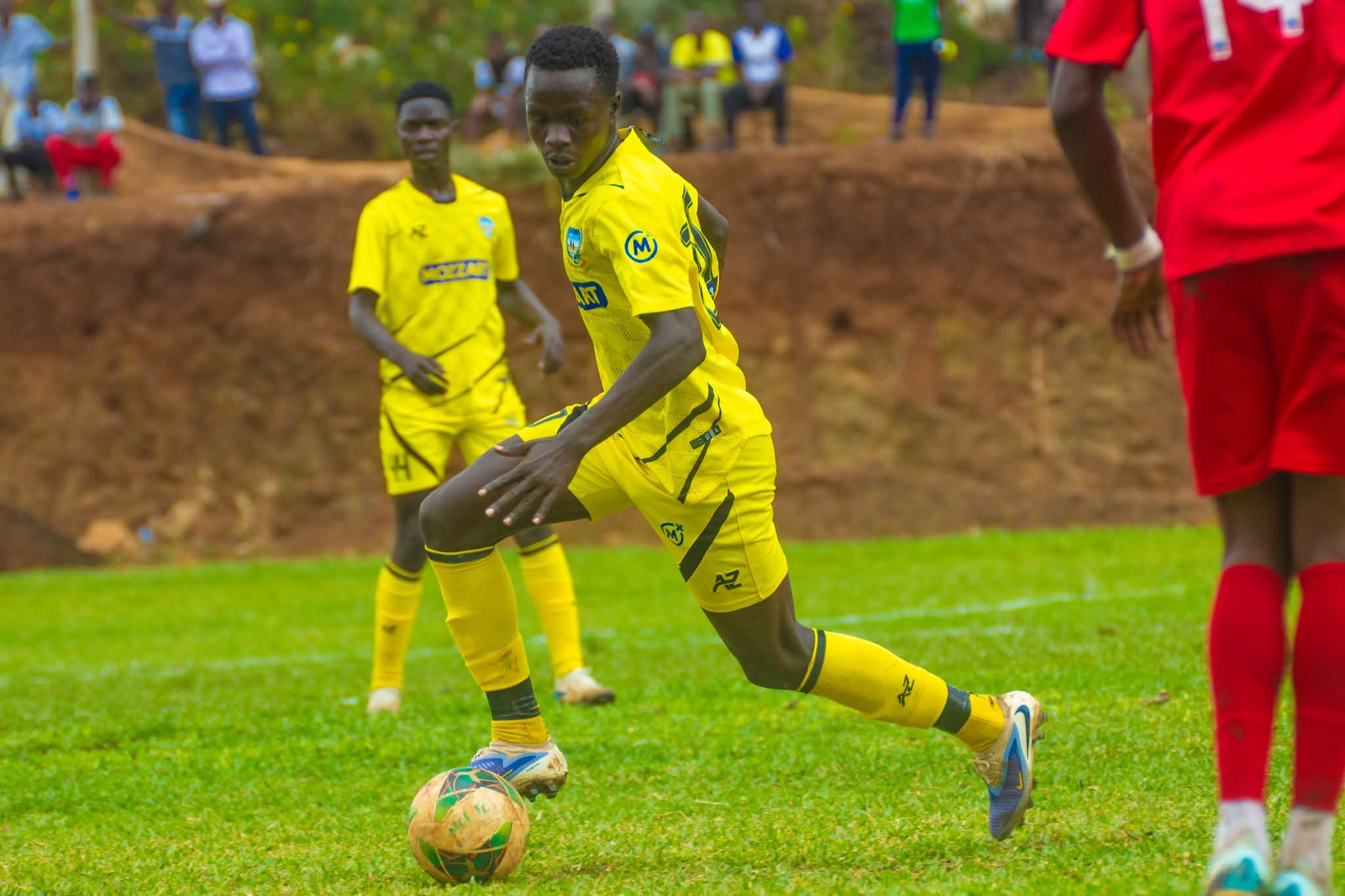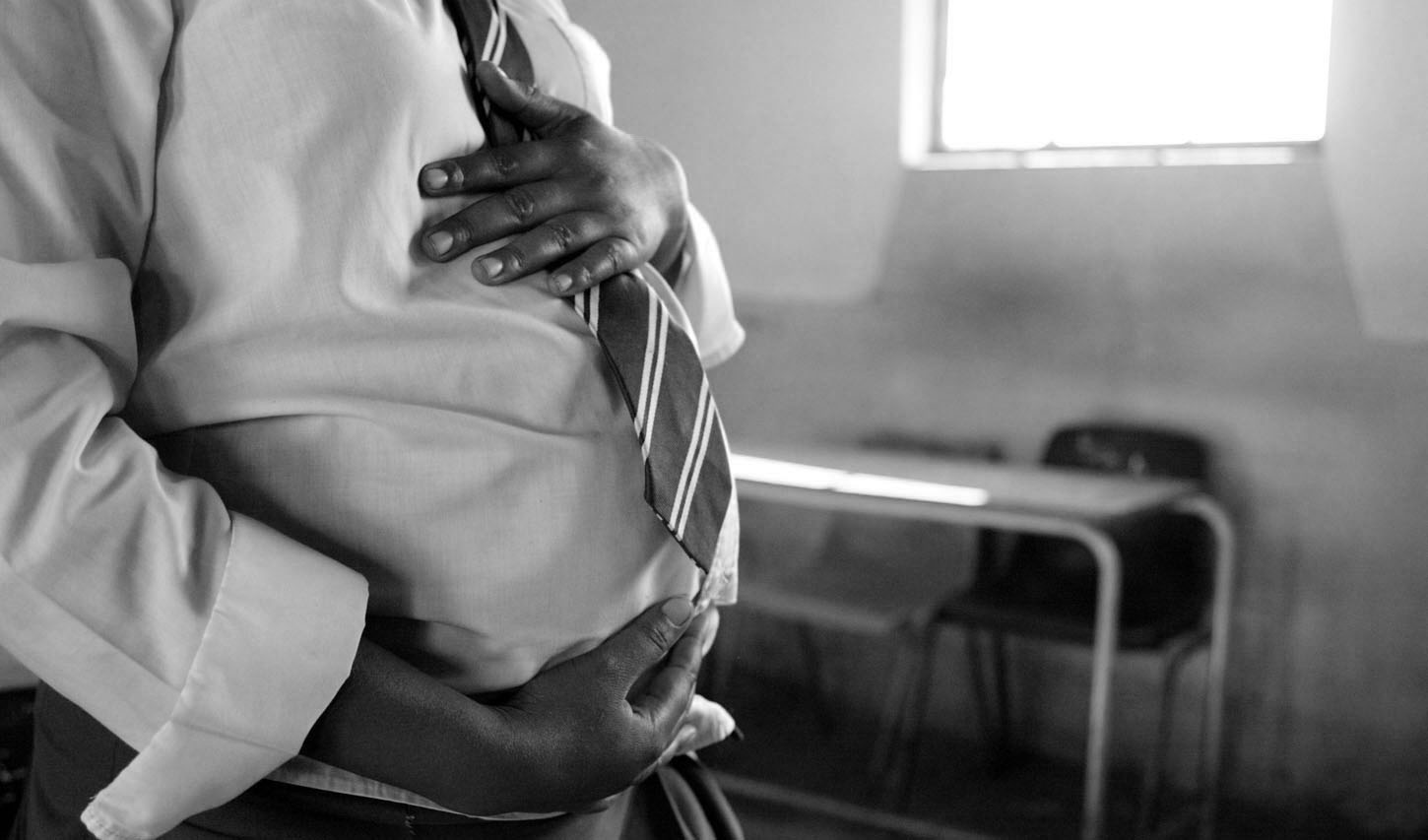State resumes vetting exercise for double registered persons
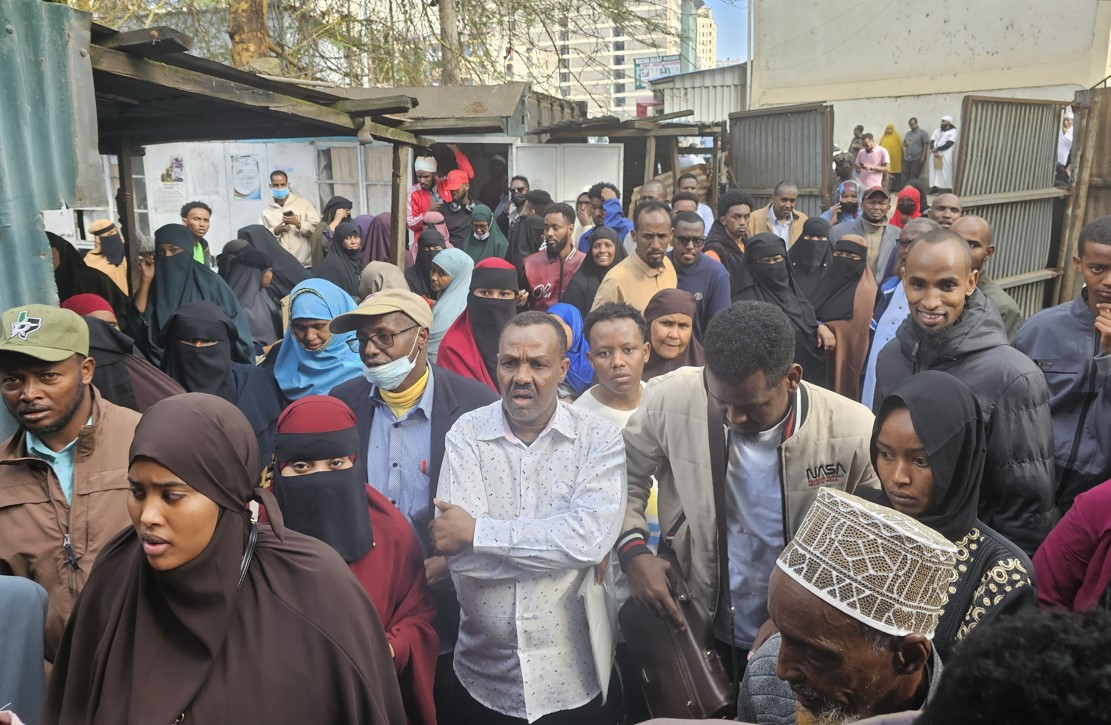
In Nairobi County, the exercise shall be held at the Starehe, Lang'ata, and Kamukunji Deputy County Commissioners' offices.
For the next two weeks starting Wednesday, the government will conduct a vetting exercise for double-registered persons to assist them acquire National Identity Cards.
As a result, persons seeking to be recognised as Kenyan citizens are required to present themselves at their respective sub-county offices with copies of their National Identification cards, Refugee cards, birth certificates, and any other identification-related documents for assistance.
More To Read
- Kenya defends stricter asylum screening for Ethiopian, Eritrean applicants
- Refugee youth rewrite their future through film in Dadaab
- From camps to commerce: Refugee entrepreneurs shine at Kakuma trade fair
- WFP warns of rising hunger among refugees in Ethiopia
- UNHCR Chief Filippo Grandi warns world against growing numb to atrocities
- Kenyan students to get National IDs and be registered as voters automatically at 18 under new Bill
The move follows an extension of the first phase of the exercise that began in March last year and will now cover the counties of Nairobi, Mombasa, Marsabit, Wajir, Garissa, Nakuru, Turkana, Mandera, and Tana River.
In Nairobi County, the exercise shall be held at the Starehe, Lang'ata, and Kamukunji Deputy County Commissioners' offices.
The Ministry of Interior has directed that the exercise follows due process because of its security implications.
"We are required to spearhead the process through the appropriate committees whose panels comprise of local National Government Administration Officers, security and intelligence officers, National and civil registration officers and local elders," a directive by the Nairobi County Commissioner David Wanyonyi, states in part.
 Vetting exercise for double registered people at the Chief's office in Eastleigh on February 29, 2024. (Photo: Abdirahman Khalif/EV)
Vetting exercise for double registered people at the Chief's office in Eastleigh on February 29, 2024. (Photo: Abdirahman Khalif/EV)
According to a human rights organisation that promotes the rights of marginalised communities in Northern Kenya, Haki na Sheria, a large population of residents of North Eastern Kenya have lived their lives as refugees, having registered themselves as such decades ago to access aid, shelter, and food during the 1980s and 1990s.
Dilemma
Some, however, were Somali citizens who migrated to Kenya while fleeing the civil war back home but have lived in Kenya ever since and given birth in the country.
As a result of being registered as refugees, they could not obtain Kenyan IDs even though they lived in Kenya all their lives.
Others registered as refugees in the hope that they could get a chance to leave the country for greener pastures in the USA, Canada, and Western Europe but did not manage and instead ended up in legal limbo.
"Without an ID card, it is impossible to get a SIM card, a bank account, or an official job. Tens of thousands of people have thus been virtually stateless. This is often referred to as "double registration"," Haki na Sheria states.
 Vetting exercise for double registered people at the Chief's office in Eastleigh on February 29, 2024. (Photo: Abdirahman Khalif/EV)
Vetting exercise for double registered people at the Chief's office in Eastleigh on February 29, 2024. (Photo: Abdirahman Khalif/EV)
In January 2022, the government decided to issue national identity cards to 14,000 victims of double registration in Garissa County, a number that the NGO claimed was less than the actual number of those in need.
Nevertheless, it welcomed the move terming it a step in the right direction even as it continues its push to have more registered as Kenyan citizens.
Wednesday's exercise coincides with the government's resumption of the printing of the controversial Maisha card across the country.
It also comes at a time when the government is looking to conduct a clean-up exercise of the refugee database ahead of the closure of the Dadaab and Kakuma refugee camps which are being transformed into integrated settlements under the new Shirika plan.
Last year, Immigration and Citizen Services PS Prof Julius Bitok said Kenya was hosting over 600,000 registered refugees and asylum seekers in the two major camps in Turkana and Garissa counties and over 94,000 others in major cities including Nairobi, Mombasa, Nakuru, and Eldoret.
Some of these individuals are the targeted victims of double registration who have been called to the vetting exercise that kicks off officially this morning.
Top Stories Today
